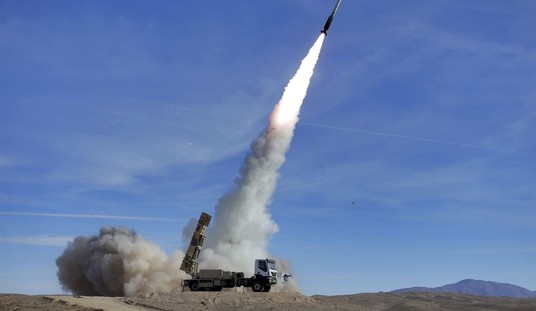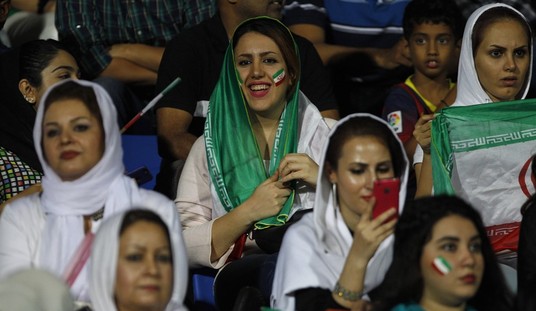Mixed Martial Arts has been fighting the image that it isn’t really a serious “sport” since its inception. This Outside the Lines investigation by ESPN probably won’t help.
At least 15 MMA fighters have gotten a testosterone exemption from various state athletic commissions, all for low lab values due to a condition known as hypogonadism. One of the common causes of hypogonadism is previous use of anabolic steroids.
In the past five years, at least 15 mixed martial artists have been issued exemptions to use testosterone, the vast majority revealed or confirmed through public records requests filed by “Outside the Lines” with the major state commissions or athletic bodies overseeing the sport. The sport itself has had more than 20,000 pro fighters over the past five years, according to record keeper mixedmartialarts.com, although fewer than 1,800 MMA combatants are under contract to the sport’s dominant promoters — Zuffa (UFC) and Bellator, which account for 11 of the fighters on TRT. Although only a small fraction, the number of exemptions still dwarfs what can be found in other sports:
• The International Olympic Committee did not issue a single testosterone exemption for the 2012 London Olympics, which featured 5,892 male athletes.
• The U.S. Anti-Doping Agency issued one testosterone exemption last year among the thousands of elite-level athletes under its jurisdiction.
• Major League Baseball has issued six exemptions to athletes over the past six seasons — an average of 1,200 players populate its rosters each season.
• National Football League officials say testosterone exemptions are “very rare” and only a “handful” have been issued since 1990. Nearly 2,000 players circulate through rosters each season.
• No pro boxer is known to have had an exemption issued through a state athletic commission, and Nevada officials said they have never even received an application.
“It’s a huge number,” said Dr. Don Catlin, the country’s leading anti-doping expert, of the MMA testosterone exemptions. “I am on the IOC committee that reviews [therapeutic-use exemptions for testosterone] requests. We essentially grant none. But in boxing and MMA there is no central control. There is no set of rules that everybody has to follow.
“There is a set of rules for each [state athletic commission], but they are kind of Mickey Mouse rules. So the route to being able to take testosterone is wide open. … You go in and say ‘I have these symptoms.’ The doc says, ‘Oh yeah, you got low testosterone.’ You get a TUE.”
Along with exemptions, several MMA fighters and officials also described to “Outside the Lines” widespread use of performance-enhancing substances in the sport. One top contender labeled PED use in the sport “rampant,” and a prominent state athletic commission chairman matter-of-factly acknowledged: “We got some doping going on in MMA.”
As purses and contracts have skyrocketed, the temptation to juice up has become too great. We saw in baseball when even utility infielders could demand million dollar salaries, the use of PED’s got out of control. Clearly, the fighters get it — juicing up becomes part of the racket and rather than play it straight and be left behind, fighters will go with the flow and take their chances being tested.
They aren’t taking much of a chance. Some states don’t even test for PED’s. And others only test post-fight — long after the vestiges of the drugs have been flushed from the system.
If the UFC wants their sport, and their organization, to be taken more seriously, some kind of out of the ring testing regimen has to be created to crack down on the cheaters and protect the health of the fighters.









Join the conversation as a VIP Member